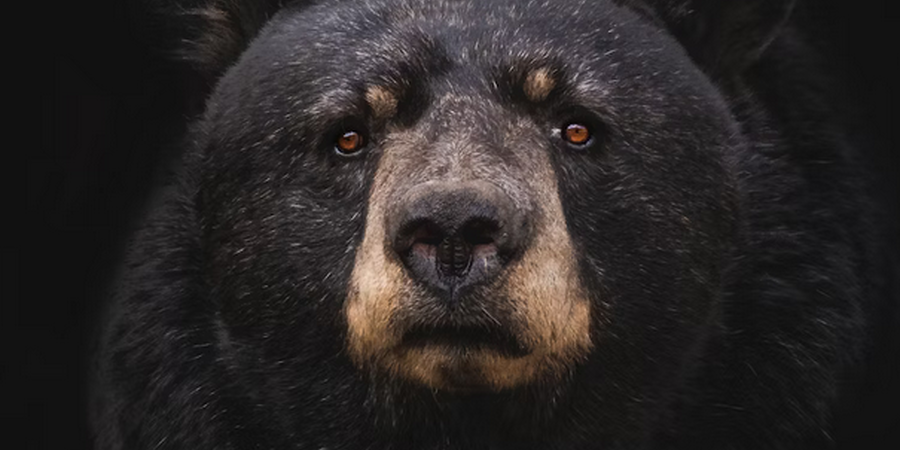PENNSYLVANIA STATE - While black bear encounters are becoming increasingly common in Pennsylvania due to their growing population, fatal attacks remain extremely rare. In fact, according to the Pennsylvania Game Commission, there have been no recorded human fatalities caused by black bears in the state's history.
Black Bears in Pennsylvania: A Guide to Safe Coexistence
Pennsylvania is home to a healthy and growing population of black bears, magnificent animals that are a vital part of the state's wilderness. While encounters are becoming more common as human and bear habitats overlap, it's important to understand that these animals are generally shy and prefer to avoid human contact. By understanding their behavior and taking simple precautions, we can ensure that our interactions with these impressive creatures remain safe and respectful for both humans and bears alike.
The Nature of Pennsylvania's Black Bears
Black bears are naturally cautious animals. Their primary focus is foraging for food, and their diet consists mainly of berries, nuts, insects, and plants. Most encounters occur when bears are simply passing through an area or when their powerful sense of smell leads them to an easy meal. They are not inherently aggressive and will almost always choose to flee rather than confront a human.
Understanding and Preventing Conflicts
The majority of human-bear conflicts arise from bears being attracted to human-provided food sources. A bear that learns it can get an easy meal from a garbage can or a bird feeder will lose its natural fear of people, which can lead to more problematic interactions.
The recent incident in Butler County, where a woman was attacked by a sow with cubs, is a stark reminder that these are wild animals. A mother bear is fiercely protective of her young and may become aggressive if she perceives a threat. However, such incidents are exceedingly rare.
Safety First: The Pennsylvania Game Commission's Guide
The Pennsylvania Game Commission provides clear guidelines for minimizing the risk of negative encounters and living responsibly in bear country.
At Home:
- Secure Your Trash: Store garbage in sheds, garages, or bear-resistant containers. Avoid putting trash out for collection until the morning of pickup.
- Remove Bird Feeders: Birdseed is a high-calorie treat for bears. It's best to remove feeders entirely from April through November when bears are most active.
- Clean Your Grill: Keep your grill clean and stored in a secure place when not in use.
- Don't Feed Pets Outdoors: If you must feed pets outside, take in any leftover food and water bowls as soon as they are finished.
In the Outdoors:
- Make Noise: When hiking or camping, make your presence known by talking, singing, or clapping your hands. This helps to avoid surprising a bear.
- Be Aware of Your Surroundings: Look for signs of bear activity, such as tracks, scat, or claw marks on trees.
- Never Feed a Bear: A fed bear is a dead bear. Intentionally feeding bears is illegal and teaches them to associate humans with food.
What to Do If You Encounter a Bear
- Stay Calm: Do not run, as this may trigger a bear's chase instinct.
- Don't Make Eye Contact: Bears may perceive direct eye contact as a challenge.
- Make Yourself Look Big: Stand up, wave your arms, and make loud noises.
- Back Away Slowly: Give the bear a clear escape route and slowly back away.
Putting the Risk in Perspective
While any attack is a serious event, it's crucial to understand how rare they are. According to the Pennsylvania Game Commission's data, the risk of being killed by a black bear in Pennsylvania is virtually nonexistent. By following safety guidelines and treating these wild animals with the respect they deserve, we can continue to coexist peacefully and appreciate their place in our natural landscape.
Sources:
- The Pennsylvania Game Commission
- The National Park Service
- Local and state wildlife agencies
- Outdoor and wildlife safety publications
Share This Article on Social Media

